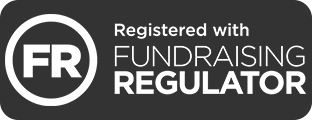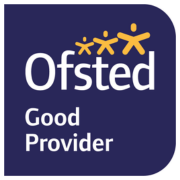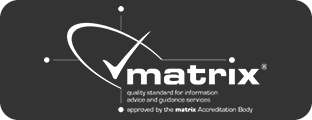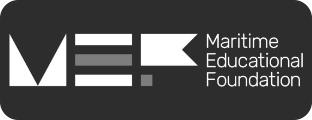Maritime English: An Introductory Guide
Posted on 25 September 2020 by Thomas Saunders
In an industry that boasts a strong international presence, it is essential to have a common language that everyone on board a vessel can understand and communicate in.
Maritime English, also known as Standard Maritime Communication Phrases (SMCP), is the lingua franca at sea so to speak, and is vitally important for a multitude of reasons; the safety of the crew, the efficiency of daily tasks and the integrity of the ship.
By having specific terms to follow, Maritime English rules out any confusion that would arise if normal terms that are used in day-to-day life were to be uttered. For instance, left and right can be rather ambiguous demands for direction, if the captain and a crew member are at different areas of the ship.
Maritime English’s main purpose is to serve as a manifestation of foundation English along with unique phrases to allow ship to ship communication, ship to shore communication and internal communications on board a vessel.
Here are some examples of Maritime English terms for positions on a boat:
Front of ship – bow/fore
Propeller region – oft/stern
Region in between the oft and bow – midship
Left hand side of vessel – Port
Right hand side of vessel – Starboard
Ship levels – decks
Base of ship – keel
Where captains/officers operate – bridge
This can understandably be challenging for beginners; some nuances will be harder to retain than others but more senior members of the crew will give a run through of various situations before they happen in reality.
To make things clearer, not just for novices but for all members of the crew, on what is most likely a manic, high pressure vessel, message markers are used as prefixes for statements.
This could be ‘INTENTION’ meaning that the seafarer is about to suggest the next action to take, or maybe ‘REQUEST’ which simply means something is required on board to complete the next task.
‘QUESTION’ is also a common utterance before a statement to make it clear that they need a response to a query, this is then usually followed by ‘ANSWER’ as clear response to the query. All of these remove in any hesitation when responding to a command.
‘I require assistance’ is an extremely important phrase that shows a seafarer on board the vessel does need some guidance, without seriously alarming other crew members.
‘I need help here!’ or ‘I am in trouble!’ would potentially cause an overreaction to what the actual problem is and add unnecessary stress, therefore a calmer selection of words is used and is deemed more appropriate.
Maritime English is often a skill that budding seafarers lack when applying for roles and therefore they struggle to break into the industry.
A third-party certification is offered however by governing bodies, which will allow seafarers to work towards eventually taking their Maritime Tests of English Language (MarTEI) exams. This is a privately funded programme that provides three grades that follow the standards and expectations of SMCP and IMO.
Once mastered, Maritime English is a wonderfully efficient way to conduct one’s self on a ship, from altering English, words and phrases to creating a code language for hazardous situations, this skill will serve you well at sea.
For International seafarers to understand completely they will first need to improve their general English, this can be done through our Learn@Sea platform with the new English@Sea Plus course available to all seafarers.





